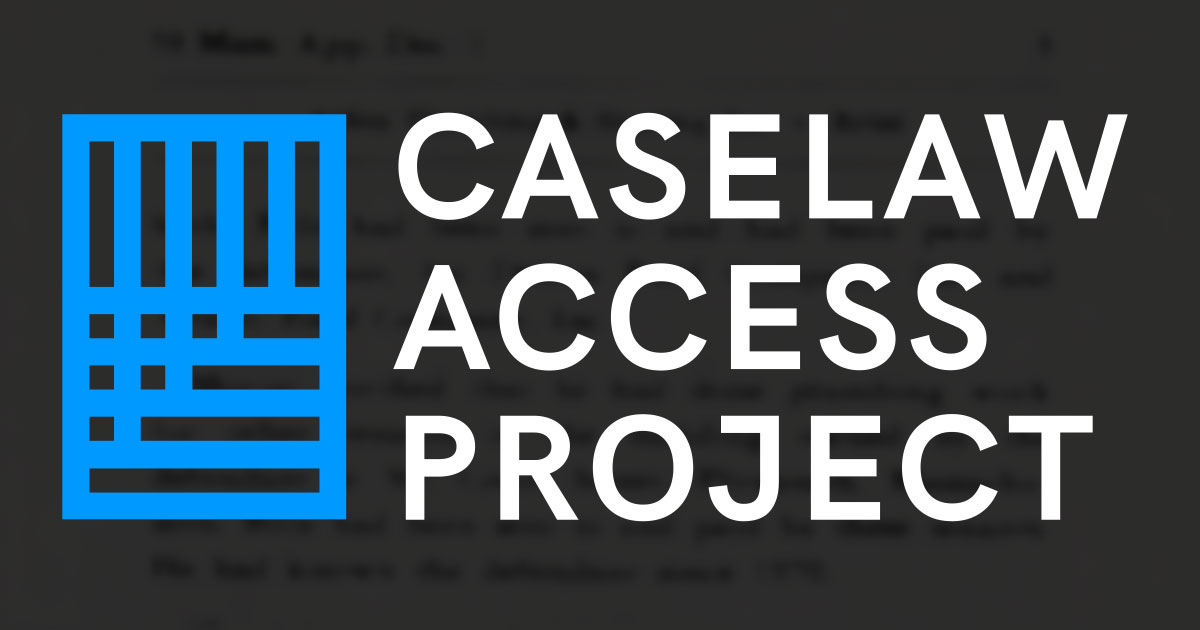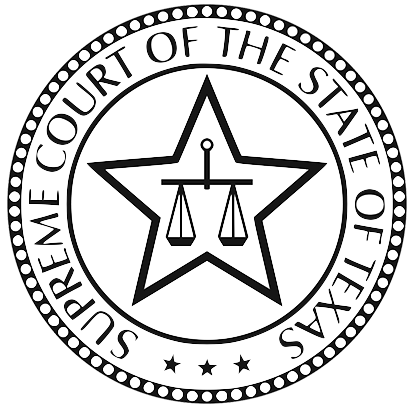Here is a list of some legal links that have significant research available. Click on the logo to see their websites.
The term “public domain” refers to creative materials that are not protected by intellectual property laws such as copyright, trademark, or patent laws. The public owns these works, not an individual author or artist. Anyone can use a public domain work without obtaining permission, but no one can ever own it.
An important wrinkle to understand about public domain material is that, while each work belongs to the public, collections of public domain works may be protected by copyright. If, for example, someone has collected public domain images in a book or on a website, the collection as a whole may be protectable even though individual images are not. You are free to copy and use individual images but copying and distributing the complete collection may infringe what is known as the “collective works” copyright. READ MORE....
CAP includes all official, book-published state and federal United States case law — every volume or case designated as an official report of decisions by a court within the United States. Our scope includes all state courts, federal courts, and territorial courts for American Samoa, Dakota Territory, Guam, Native American Courts, Navajo Nation, and the Northern Mariana Islands. Our earliest case is from 1658, and we currently include all volumes published through 2020, with new data releases on a rolling basis at the beginning of each year.
Each volume has been converted into structured, case-level data broken out by majority and dissenting opinion, with human-checked metadata for party names, docket number, citation, and date. We also offer PDFs with selectable OCR text for each case published up to 2018.
CourtListener is a free legal research website containing millions of legal opinions from federal and state courts. With CourtListener, lawyers, journalists, academics, and the public can research an important case, stay up to date with new opinions as they are filed, or do deep analysis using our raw data.
As the leading online destination for free legal information, FindLaw.com works hard to bring consumers and attorneys relevant legal news, information, and resources. Whether you are a consumer looking for an attorney, a DIY form, or some information to better understand a legal issue, or an attorney looking to grow your practice and better serve your clients, FindLaw wants to be the trusted source you turn to for answers. We use different teams and channels to provide the right resources for you.
The LII is an independently-funded project of the Cornell Law School. We are a small team of technologists who believe that everyone should be able to read and understand the laws that govern them. We employ technology to gather, process, and publish public legal information that is accurate and objective.
Justia provides the community with open and free access to the law. We strongly believe that the law belongs to all of us and that everyone should have access to the laws that touch and affect our lives. To support our free law initiatives, Justia helps law firms grow their practice by offering premium marketing solutions, including websites, premium directory placements, and Google, Facebook, and Microsoft advertising.
Composed of the chief justice and eight justices, the Supreme Court of Texas is the court of last resort for civil matters in the state. The Supreme Court is in Austin, immediately northwest of the state Capitol. Supreme Court justices are elected to staggered six-year terms in statewide elections. When a vacancy arises the governor may appoint a Justice, subject to Senate confirmation, to serve the remainder of an unexpired term until the next general election. Justices must be at least 35 years old, a citizen of Texas, licensed to practice law in Texas and must have practiced law (or have been a lawyer and a judge of a court of record together) for at least ten years (see Texas Constitution, Art. 5, Sec. 2).





